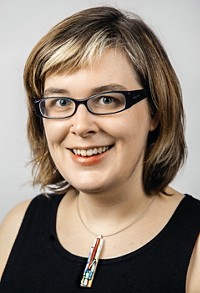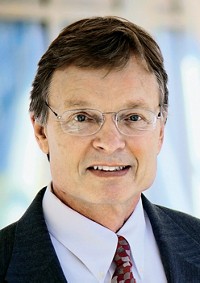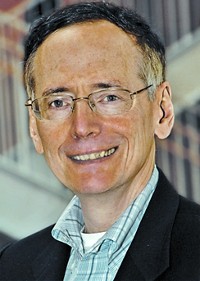Advertisement
Grab your lab coat. Let's get started
Welcome!
Welcome!
Create an account below to get 6 C&EN articles per month, receive newsletters and more - all free.
It seems this is your first time logging in online. Please enter the following information to continue.
As an ACS member you automatically get access to this site. All we need is few more details to create your reading experience.
Not you? Sign in with a different account.
Not you? Sign in with a different account.
ERROR 1
ERROR 1
ERROR 2
ERROR 2
ERROR 2
ERROR 2
ERROR 2
Password and Confirm password must match.
If you have an ACS member number, please enter it here so we can link this account to your membership. (optional)
ERROR 2
ACS values your privacy. By submitting your information, you are gaining access to C&EN and subscribing to our weekly newsletter. We use the information you provide to make your reading experience better, and we will never sell your data to third party members.
Materials
ACS Award In Separations Science & Technology
by Britt E. Erickson
February 9, 2015
| A version of this story appeared in
Volume 93, Issue 6
Sponsored by Waters Corp.
Best known for developing zeolite-based membranes and room-temperature ionic-liquid-based polymers for separating gases, Richard D. Noble, a chemical engineering professor at the University of Colorado, Boulder, is being honored for making key contributions to the field of separations.
Noble, 68, “pioneered the development of practical zeolite-based membranes for gas separations,” says Robin D. Rogers, a sustainability chemist at McGill University, in Montreal. The work has evolved from fundamental research into a commercial technology for natural gas purification, he notes. Without Noble’s “innovative work in this field, practical zeolite membranes for gas separations would still be unrealized,” Rogers says.
Early zeolite membranes suffered from numerous problems, including pinhole defects and poor film integrity. It was also difficult to synthesize zeolite membranes with the desired pore size, physical and chemical properties, and performance at operating conditions, Rogers says. Noble and his group were the first to overcome these limitations. They successfully synthesized defect-free zeolite membranes with high CO2 permeability and high CO2/methane selectivities at 70-bar pressure, Rogers notes.
Noble has published more than 100 papers on membrane separations and reactions. He has also written several review papers and edited six books on membranes. “His membrane work is notable for understanding chemical interactions occurring during separation and for leading to industrial applications,” says Phillip C. Wankat, a separations expert and chemical engineering professor at Purdue University.
Noble has also become an “internationally recognized leader in the design and use of room-temperature ionic liquids [RTILs] and RTIL-based polymers” for separating CO2 and light gases, Rogers says. Noble’s group made significant advances in designing new RTILs with specific functional groups and chemical properties as a new class of materials with enhanced performance and high selectivity.
But Noble has done much more in the area of separations than just research, Wankat points out. He is “an outstanding teacher who has won many local and national teaching awards,” Wankat says. “Noble is able to illustrate the importance of separations based on his broad industrial, government, and academic experience,” Wankat notes. “He is also an expert at motivating undergraduates to reach world-class quality in their research.”
Teaching comes naturally to Noble. When he was a senior in high school, he volunteered to teach his chemistry class one day when the teacher had a migraine headache, he tells C&EN. In his spare time, Noble enjoys cycling and staying active. “Colorado is a great place for cycling, and I have also done some riding in Europe, especially in France,” he says. “Your bicycle should be worth more than your car,” he adds, noting, “it is certainly true for me.”
Noble will present his award address before the Division of Industrial & Engineering Chemistry Separations Science & Technology Symposium.






Join the conversation
Contact the reporter
Submit a Letter to the Editor for publication
Engage with us on Twitter